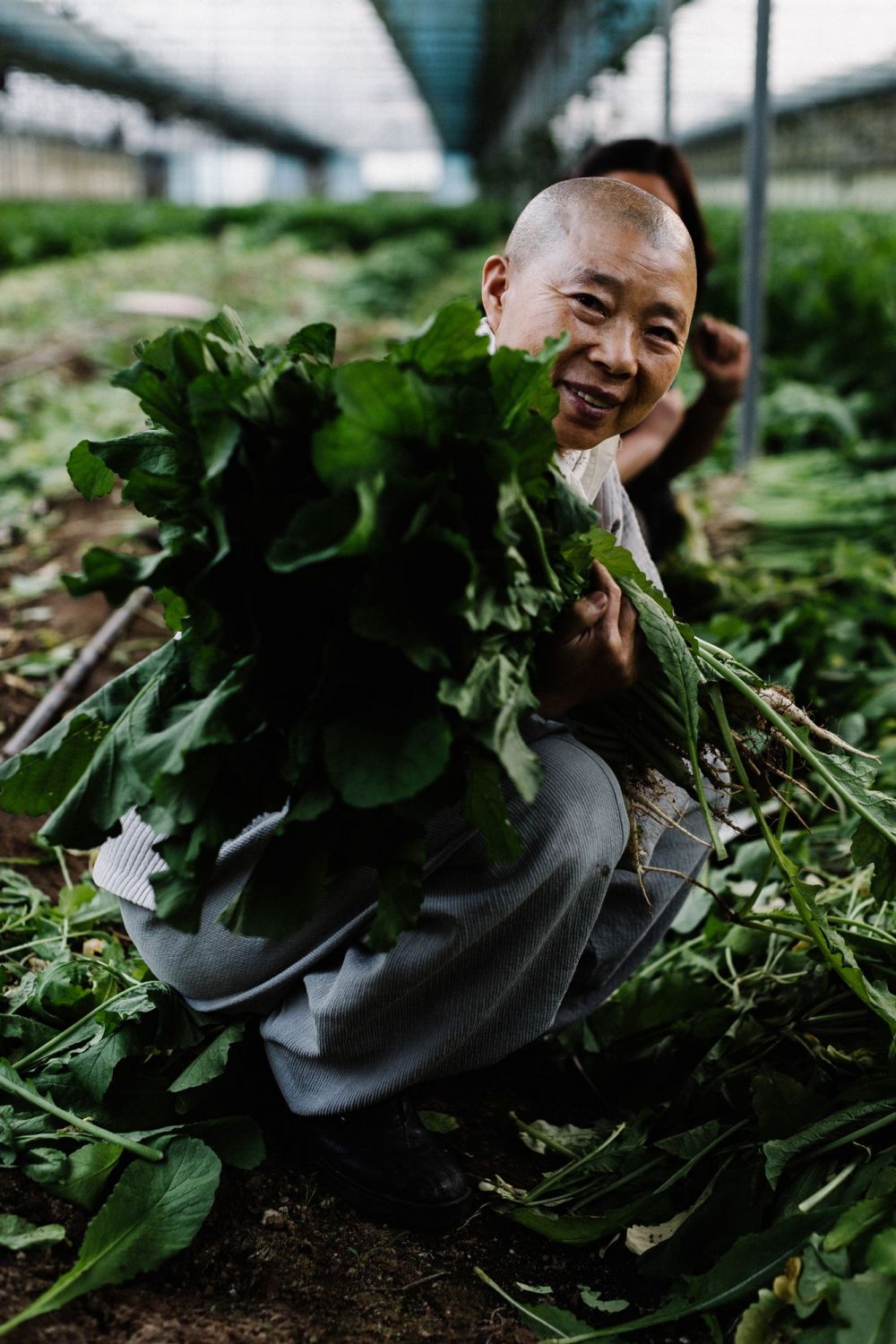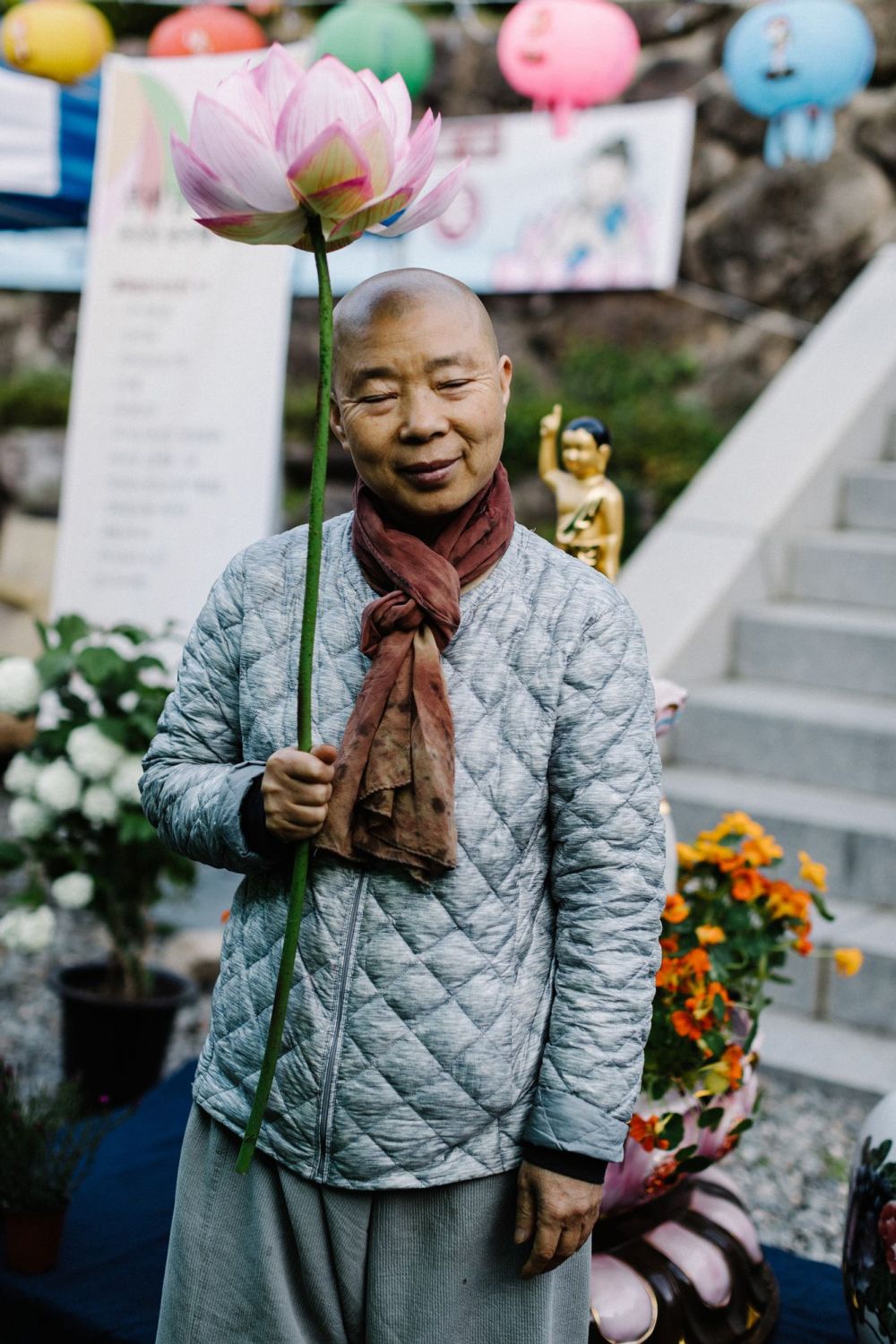The South Korean nun, who featured on one of the most memorable episodes of Netflix’s Chef’s Table, received the Icon Award from Asia’s 50 Best today
Back in 2015, the world was introduced to Jeong Kwan and the intricate, yet humble, art of Korean temple cuisine first through an extensive profile in the New York Times (where journalist Jeff Gordiner gave the nun the ‘philosopher chef’ moniker) followed by an appearance in the second season of Netflix’s Chef’s Table. In the span of 50 minutes, viewers were immersed in the gentle ebbs and flows of life at Chunjinam hermitage in Jeolla province, south of South Korea, learning the ways in which Jeong Kwan and her community regard and respect ingredients and cooking.
See also: Jeong Kwan on Good Food and How to Be Happy
It only took seven years for the impact of her work to reach Asia’s 50 Best, who today (3 March) announced that Jeong Kwan would receive the Icon Award, “confirming her status as an international culinary icon”. But Jeong Kwan, who has been dedicated to her calling since joining the monastery at age 17, has long impacted those around the world—including young chefs—who have made the journey to learn more from her.
Tatler Dining has had the pleasure of meeting Jeong Kwan over the years, and below we’ve compiled some of the culinary gems she has shared with us in the past.
Respect Nature


“Food is never just food—it is made with plants using sunshine, wind, and water, which means all ingredients are a part of nature. So are humans, as we share the air and space with everyone and everything else. We must learn to respect nature as a way to reciprocate and appreciate with gratitude. It is our duty to take greed out of our intentions and take what we need and waste less.”




